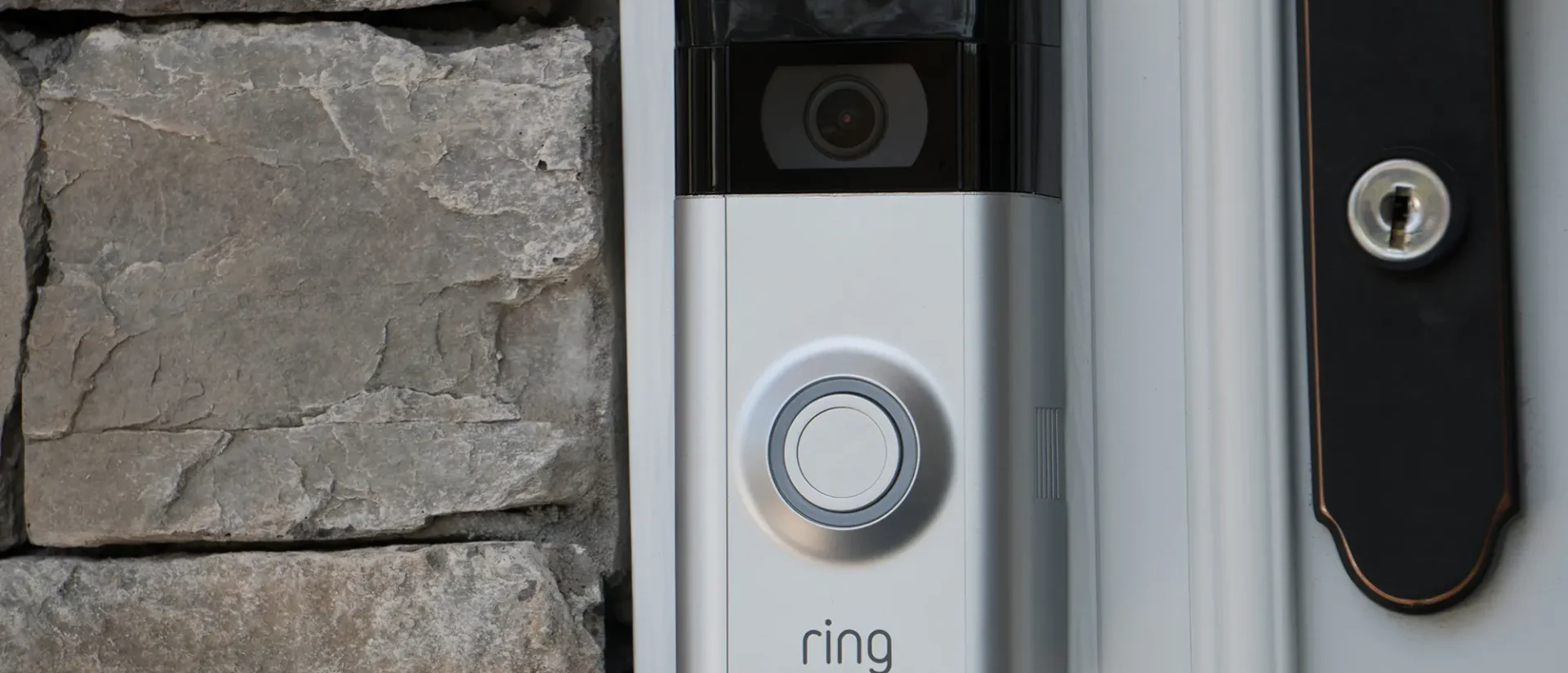by Matt Agorist, The Free Thought Project:
 Police have their sights set on every surveillance camera in every business, on every porch, in all the cities and counties of the country. Grocery store trips, walks down the street, and otherwise minding your own business when outside your home could soon come under the ever-present eye of the government. In a quiet but rapid expansion of law enforcement surveillance, U.S. cities are buying and promoting products from Georgia-based company Fusus in order to access on-demand, live video from public and private camera networks.
Police have their sights set on every surveillance camera in every business, on every porch, in all the cities and counties of the country. Grocery store trips, walks down the street, and otherwise minding your own business when outside your home could soon come under the ever-present eye of the government. In a quiet but rapid expansion of law enforcement surveillance, U.S. cities are buying and promoting products from Georgia-based company Fusus in order to access on-demand, live video from public and private camera networks.
TRUTH LIVES on at https://sgtreport.tv/
The company sells police a cloud-based platform for creating real-time crime centers and a streamlined way for officers to interface with their various surveillance streams, including predictive policing, gunshot detection, license plate readers, and drones. For the public, Fusus also sells hardware that can be added to private cameras and convert privately-owned video into instantly-accessible parts of the police surveillance network. In Atlanta, Memphis, Orlando, and dozens of other locations, police officers have been asking the public to buy into a Fusus-fueled surveillance system, at times sounding like eager pitchmen trying to convince people and businesses to trade away privacy for a false sense of security.
The model expands police access to personal information collected by private cameras that would otherwise require warrants and community conversation. Because these cameras are privately owned, police can enjoy their use without having to create and follow records retention and deletion policies.
The Electronic Frontier Foundation has been collecting and reviewing documents about cities’ uses of Fusus, which counts nearly 150 jurisdictions as customers. You can access these records on DocumentCloud. EFF also shared these documents with the Thomson Reuters Foundation, which published its report today.
Police surveillance threatens constitutionally protected activities. It gives police the ability to surreptitiously spy on and track people of no real or alleged criminal concern. It creates caches of sensitive, personal information that can be retained indefinitely. Fusus is compounding these issues by expanding police access to surveillance cameras and integrating the cameras with a number of other surveillance services. This increases the ways police are able to record, track, and marginalize communities.
Deciding whether to expand police video surveillance to every corner of our lives should never happen without strong community conversation, transparency, and real respect for procurement rules and the public’s liberty. Yet cities’ responses to public records requests reveal a lack of clear guidance on when live access can be utilized, with very few locations able to provide policies regarding appropriate and specific police use of the system.
A Growing Web of Watchers
Fusus claims to be able to integrate camera feeds from nearly any source, including existing private and public camera networks, live streams from body-worn cameras, and Ring doorbell cameras.
Private entities like residents or business owners who want to give police access to their cameras can choose to “register” or “integrate” their cameras through Fusus. “Registered” cameras are added to a camera registry, and indexed for officers interested in knowing what video could be available in a particular location. For “integrated” cameras, private entities purchase additional Fusus hardware that connects to their existing surveillance camera set-ups and a monthly service subscription. Based on the camera owner’s settings, video feeds are available within the police network for quick access without requiring additional permissions to view real-time footage. Concerns about privacy and potential threats to civil liberties are sidestepped by claims that live access to footage is an “opt in” feature – but this means opt-in just for the camera owner and not the person recorded. Ownership of the cameras is not changed, but the video content is shared with police and retained by the Fusus system.
For cities using Fusus, there is a constant push to grow their network of accessible cameras, and in some places, that expansion is happening quickly. At a June 22, 2022 press conference, officers from the Atlanta Police Department claimed to have 3,166 registered and 5,798 integrated cameras. Just a year later, the city’s Connect Atlanta page claims to have more than tripled those numbers to 16,226 registered and 15,329 integrated cameras.
Read More @ TheFreeThoughtProject.com




